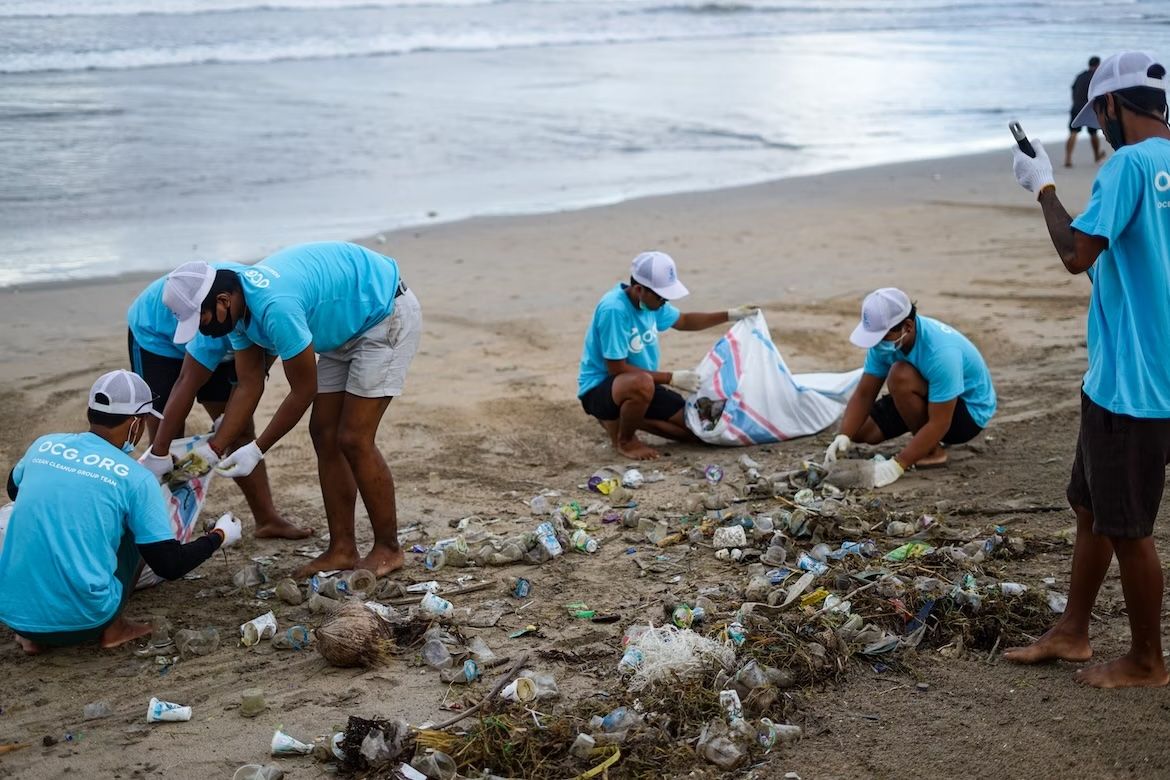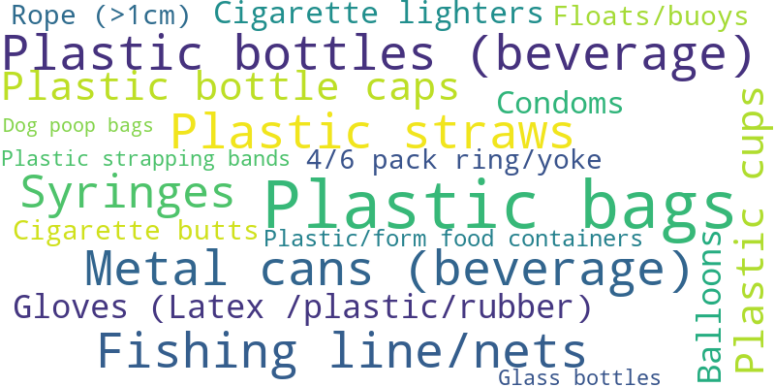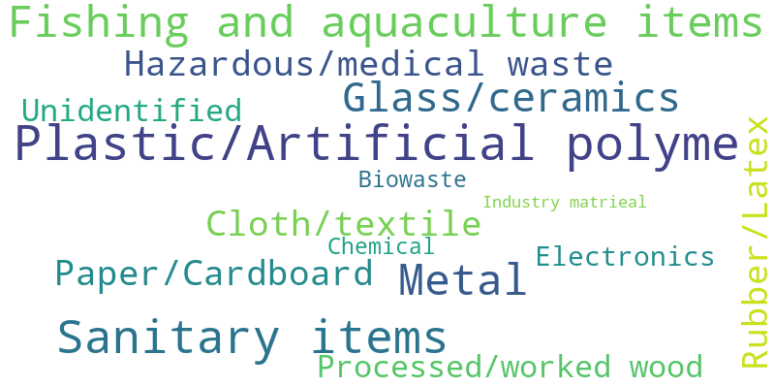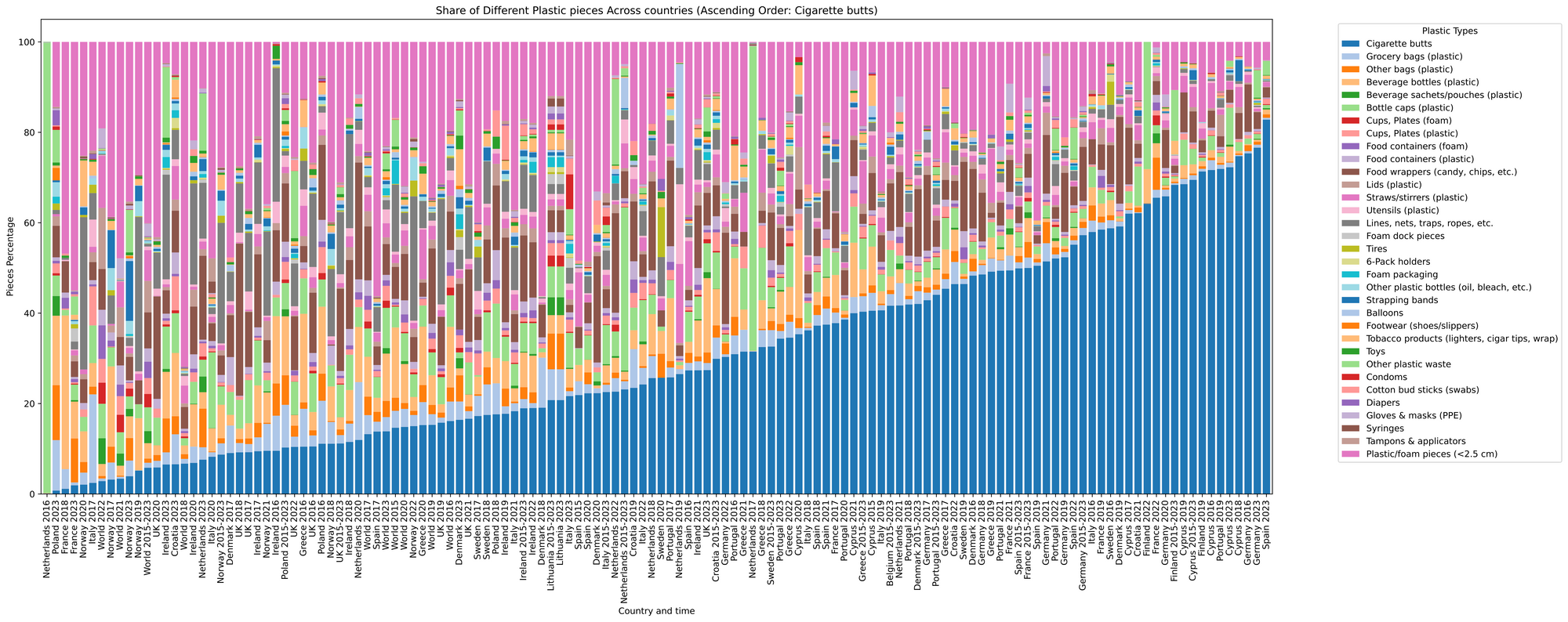Knowledge gained on marine litter through beach cleanups

Our coasts and beaches are more than just beauty. They are home to many animals and plants. They also provide jobs and income for communities and people, such as fishermen, tour guides, and hotel owners. Despite of their importance, these ecosystems are under pressure from the huge amount of marine litter in recent decades.
Marine litter hurts the ecosystem service in many ways. It can be dangerous for marine life, at the same time, it can also be harmful for human and society. Beaches, where the land meets the sea, often are more exposed. Marine litter on the beach not only pose the danger of physical injury but also reduce the recreation value for locals.
In my research of plastic´s impact on recreation value, we looked through 10 international organizations who initiate cleanups, trying to find what is most common items searched and found in the beach cleanups. Those organizations are:
(1) OSPAR
(2) Blue Ocean Society Beach Cleanup (BOS)
(3) World Cleanup Day (LDIW)
(4) Surfrider beach cleanup
(5) #EUBeachCleanup
(6) Ocean conservancy coastal cleanup (TIDES)
(7) Marfo Beach clean-up
(8) Marine LitterWatch (MLW)
(9) EMODnet
(10) Global cleanup campaign (oceanic society)
First, I looked at those organization´s guidelines and data cards, and word cloud of the 20 most common items they searching for was drawn. The font suggests its frequency.

Then, many organizations often group similar items into a category, such as plastic, metal, glass, etc. Another word cloud by frequency of each category is created.

Last, we retrieved coastal European countries´ beach cleanup from source (6). Ocean conservancy coastal cleanup (TIDES). It suggested in many country/year, the most common items by number were cigarette butts and small pieces of plastic or foam.

While beach cleanups offer invaluable insights into the issue of marine litter, they are not without their limitations. Factors such as location, frequency, season, and scale can all significantly influence the results. Moreover, the lack of universally agreed-upon reporting guidelines often leads to discrepancies in the quality of reports. Therefore, it’s essential to view the data from beach cleanups with caution and a critical eye. They are a piece of the puzzle, but not the entire picture.

